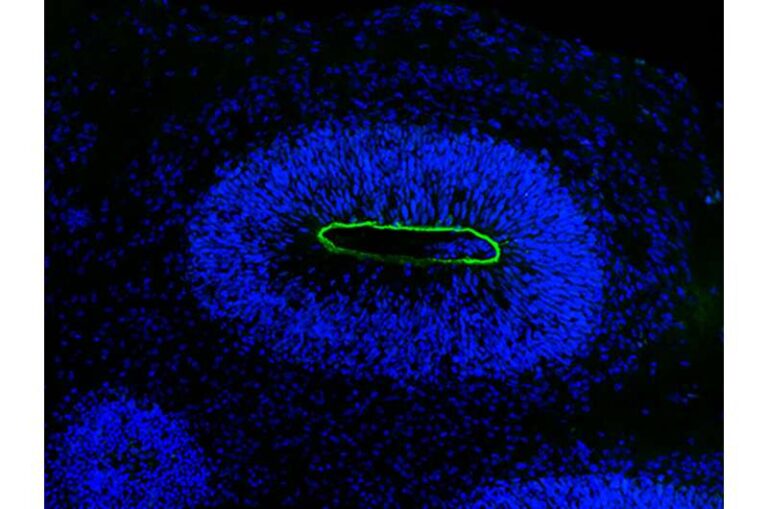In a recent publication in the Journal of Applied Microbiology, a comprehensive analysis was performed on laboratory studies that emphasize the effectiveness of cannabis in combating the impact of viral infections. These infections include severe acute respiratory syndrome coronavirus-2 (SARS-CoV-2), which is the causative agent of COVID-19, as well as human immunodeficiency virus (HIV), hepatitis C virus (HCV), and herpes simple virus (HSV).
Research conducted by my team at Monash University Malaysia highlights the promising antiviral properties of cannabinoids and terpenes found in cannabis, as indicated by our review of laboratory studies.
The continued presence of COVID-19 infections is expected as long as vaccines are available, given vaccine availability limitations and decreased efficacy caused by the emergence of new variants. Furthermore, the virus has successfully established itself in the human population, further contributing to the persistence of infections.
Given the circumstances, we are forced to live with this reality and persistently seek methods to protect ourselves from possible epidemics.
Given the urgency of mitigating the spread of SARS-CoV-2 and reducing the burden on healthcare systems, there is strong motivation among scientists to discover new therapeutic interventions. Thus, this review serves as a timely resource, offering a comprehensive overview of the existing literature pertaining to this specific topic.
We anticipate that this will become a crucial resource for providing accurate and improved knowledge about the effectiveness of cannabis in combating various viral infections.
‘Cannabis’ is not ‘marijuana’
The term ‘Cannabis’ should not be confused with ‘marijuana’.
While “marijuana” is often associated with the term “cannabis”, it is important to note that they are not interchangeable. As stated by the US National Center for Complementary and Integrative Health, cannabis encompasses all substances derived from plant species such as Cannabis sativa, Cannabis ruderalis and Cannabis indica. On the other hand, marijuana specifically refers to products derived from these plants that contain THC.
Due to its mind-altering properties, marijuana is classified as an illegal substance and its consumption can lead to various health complications, both physical and psychological.
The use of cannabis compounds for medicinal purposes, without proper authorization, is observed in several countries. This practice aims to address a variety of conditions and mitigate symptoms, including but not limited to chronic pain and nausea.
Medicines containing cannabis are recognized for their therapeutic potential in the treatment of various medical conditions. These include epilepsy, relief from chemotherapy-induced nausea and vomiting, and increased appetite in individuals living with HIV.
However, under US federal law, cannabis is categorized as a Schedule I substance, indicating that it is perceived to have no recognized medicinal application and to possess a significant likelihood of abuse.
The use of plants in contemporary medical procedures is extensive, with approximately 80% of antibiotic, anticancer, cardiovascular and immunotherapeutic treatments coming from plants. Remarkably, the medicinal properties of the cannabis plant exceeded initial expectations, demonstrating significant therapeutic value.
Based on our assessment, it was determined that several substances present in cannabis, namely cannabinoids and terpenes, have antiviral attributes. The main cannabinoids are cannabidiol (CBD) and delta-9-tetrahydrocannabinol (D-9-THC). Additionally, the cannabis plant’s glands that generate cannabinoids also emit aromatic essential oils known as terpenes, which include monoterpenes and sesquiterpenes.
Cannabinoids have been found to reduce ACE2 gene expression and exhibit properties that effectively reduce inflammation in patients suffering from COVID-19, thereby mitigating hyperinflammation.
Due to their anti-inflammatory properties, CBD and D-9-THC have the ability to decrease the SARS-CoV-2 viral infection in human lung cells. In individuals living with HIV, cannabinoids have the potential to reduce HIV replication in human cells, as well as exhibit antiviral effects against the hepatitis C virus.
The antiviral properties of the terpenes found in the cannabis plant have been shown to be effective against SARS-CoV-2. Research has indicated that CBD and terpenes exhibit strong synergy in inhibiting virus replication.
Several studies have indicated that terpenes extracted from various plants may have therapeutic implications in fighting herpes caused by the herpes simplex virus (HSV).
Based on the findings of these studies, it can be inferred that terpenes derived from cannabis plants may possess comparable antiviral attributes in combating HSV.
More Research is Needed
We would like to emphasize that the findings of the studies we examined may not necessarily be directly applicable to real-world scenarios. It is imperative that additional clinical and in vivo investigations be performed to verify and validate these results.
Due to its illicit status, cannabis is subject to strict restrictions on in vivo research, resulting in limited clinical evidence. Therefore, it is essential to prioritize education regarding the correct and legal use of marijuana, in order to enhance its use and ensure safe accessibility.
Due to its classification as an illicit substance, the ability to conduct in vivo studies on cannabis is severely limited, resulting in a paucity of clinical evidence. Consequently, it becomes crucial to prioritize education around the proper and lawful use of cannabis in order to optimize its use and ensure safe accessibility.
This discovery could serve as a catalyst for further research conducted in both controlled laboratory and real-world clinical settings. The aim of this research would be to gain a deeper understanding of the potential therapeutic applications of cannabis, as well as assess any potential adverse effects that may be associated with its use. Ultimately, this expanded knowledge could lead to greater use of cannabis as a treatment option for viral illnesses.



